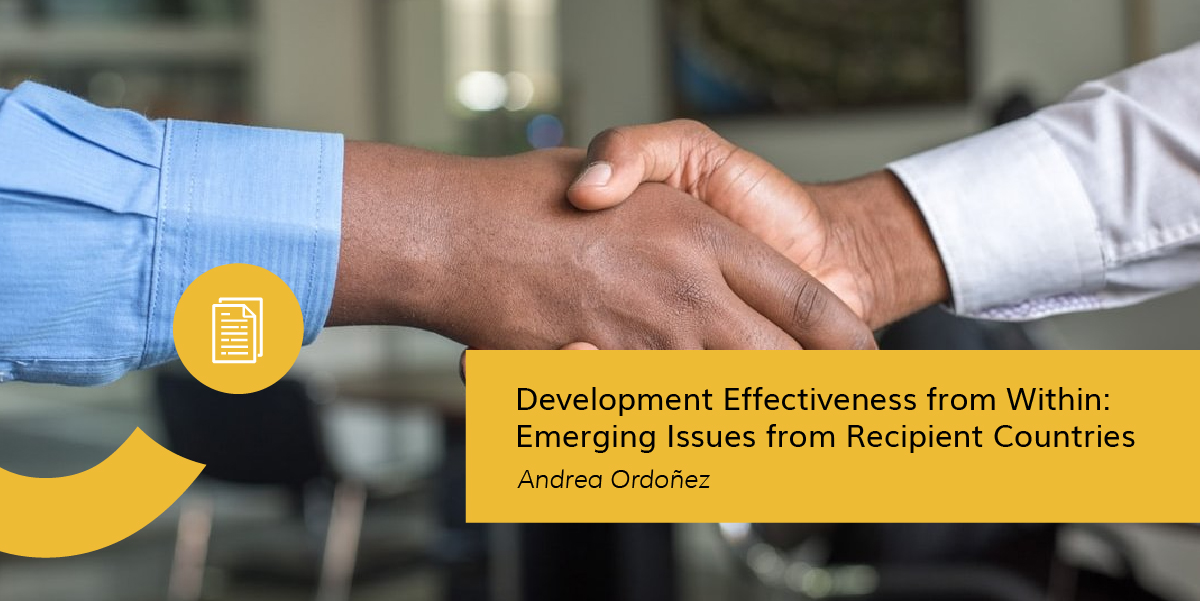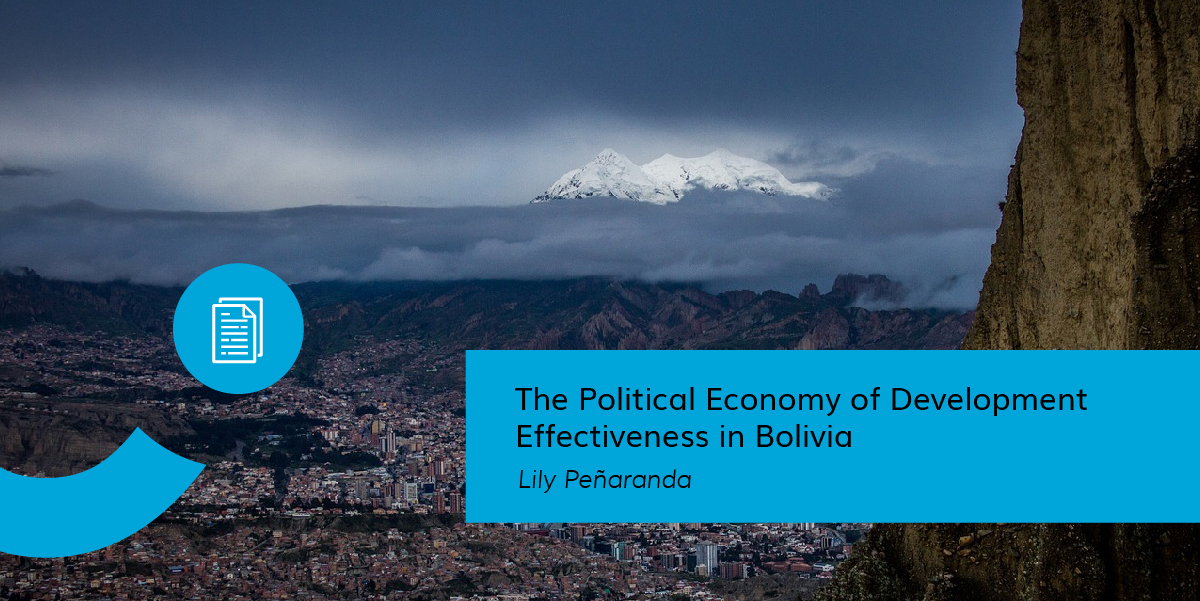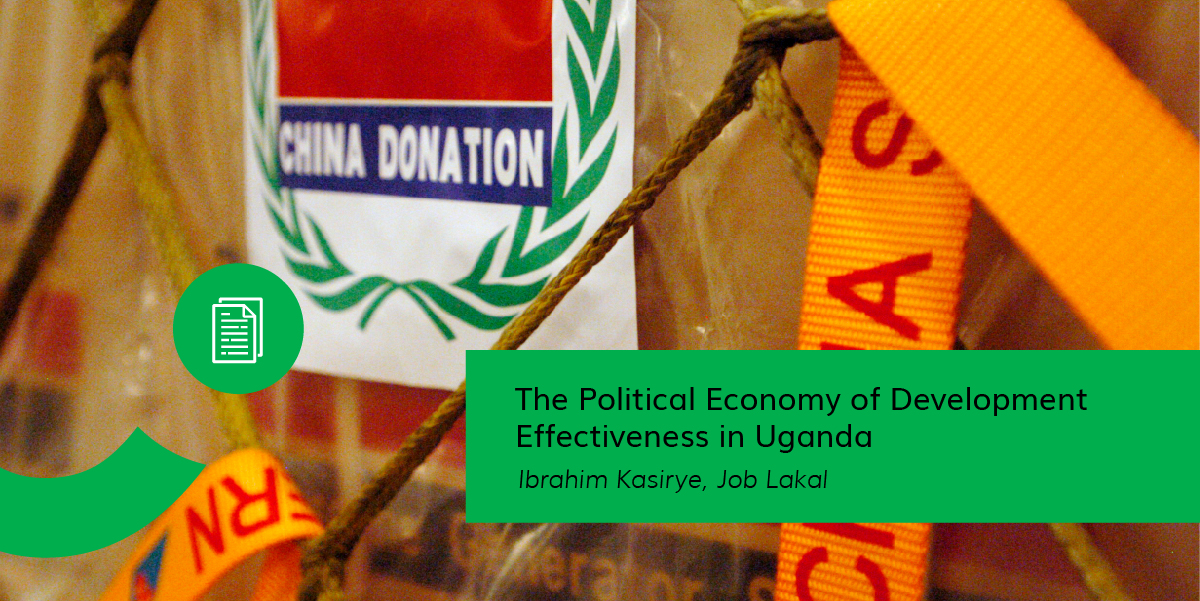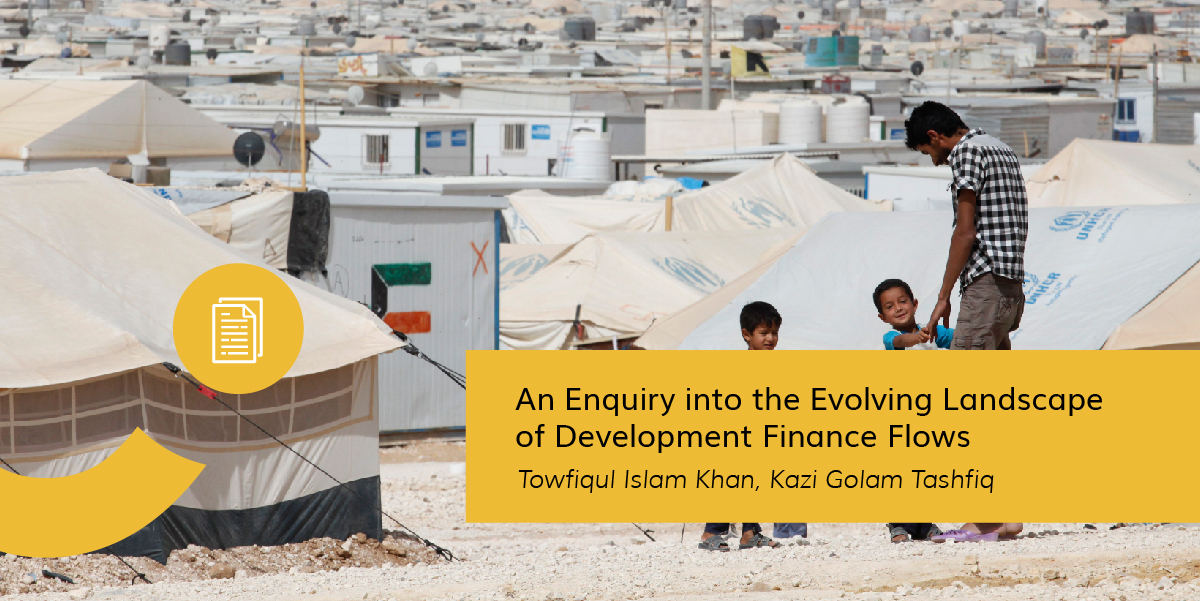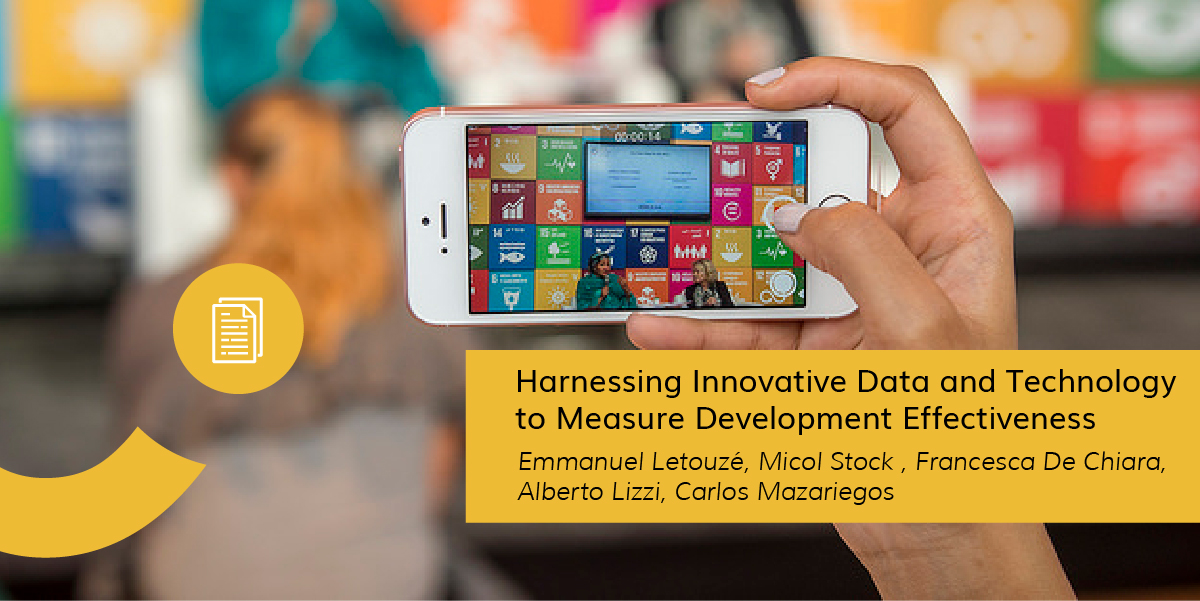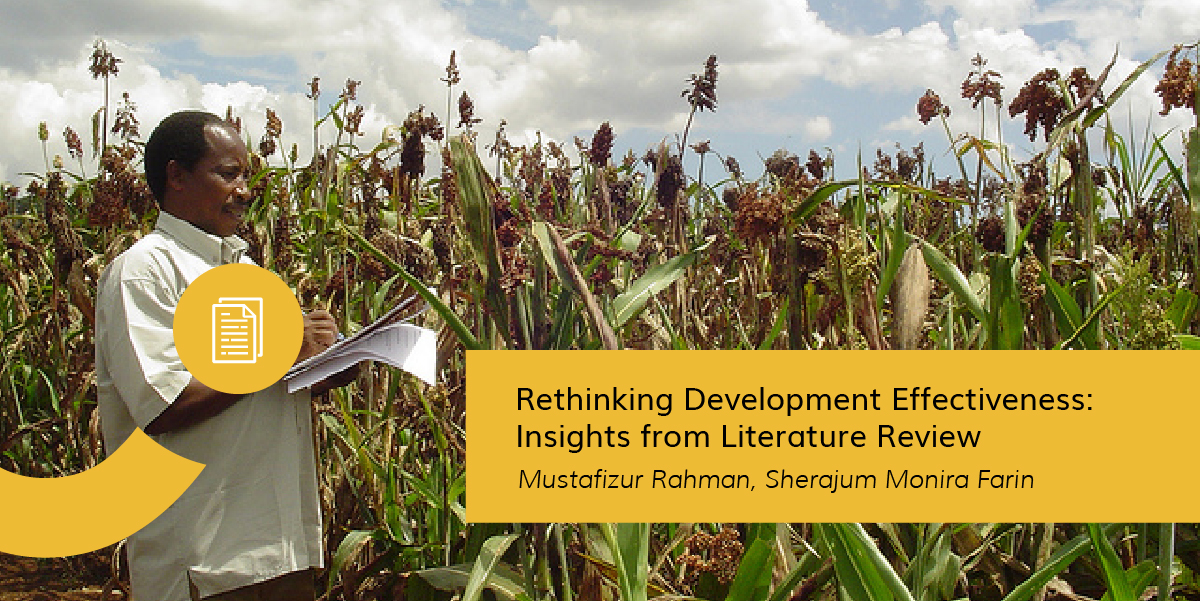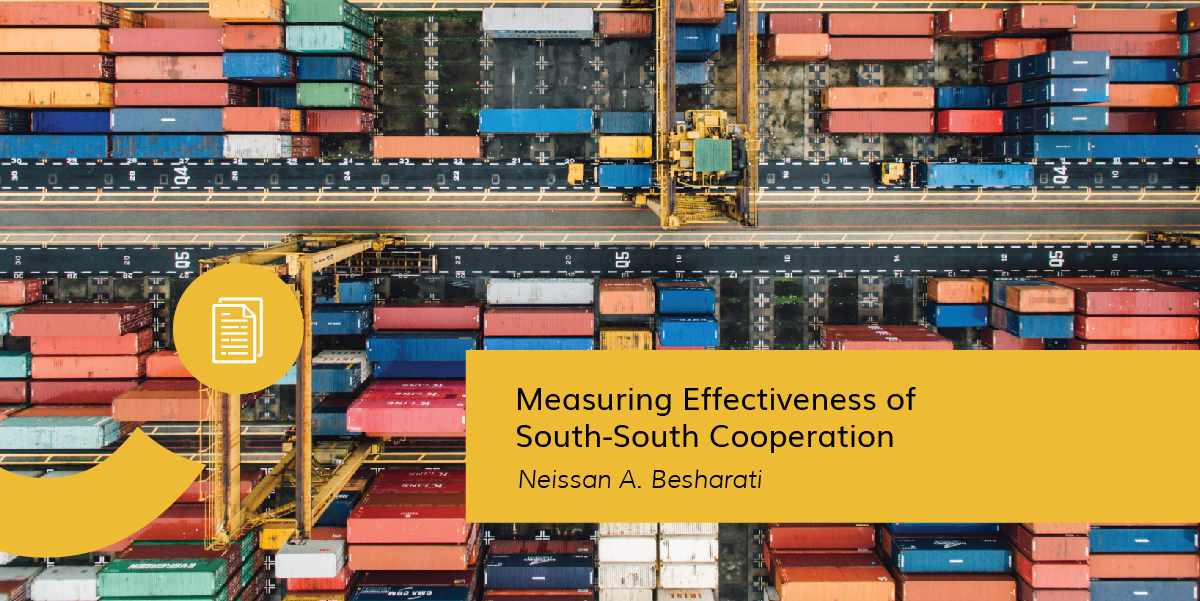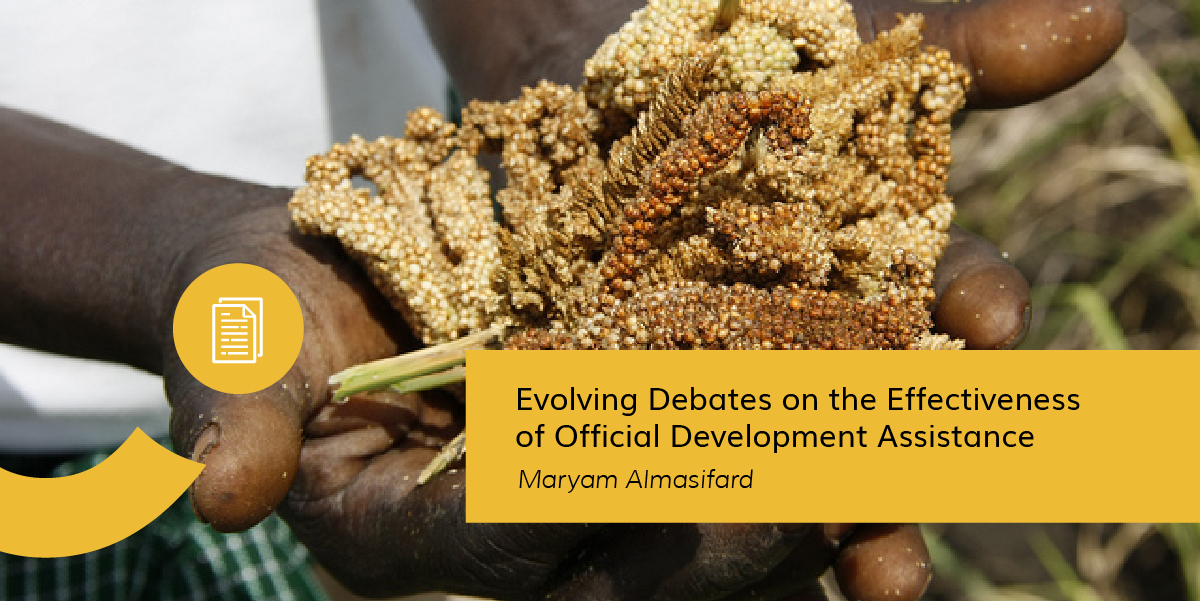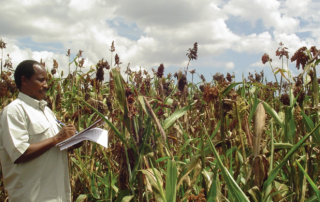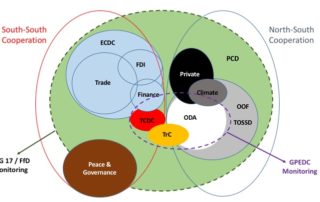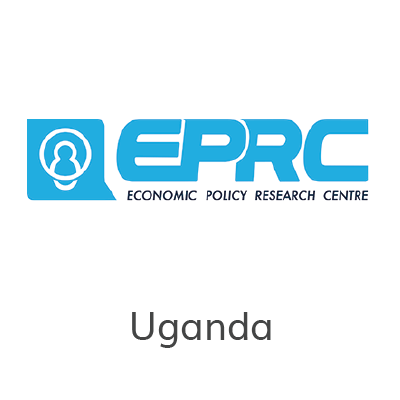RETHINKING DEVELOPMENT EFFECTIVENESS
About the initiative
Effectiveness of international development cooperation has gained significance in global debates. It is acknowledged that aid is a limited resource, but that it can also catalyze change.
Due to the adoption of the 2030 Agenda, the challenge to define, measure and assess the effectiveness of development aid has grown. So far, debates have focused on the provider’s side of the equation. Perspectives from recipient countries, particularly from the Global South, have been inconspicuous in the discussions on the effectiveness of development cooperation. That is why Southern Voice has taken up the task of rebuilding the dialogue from the bottom, based on Southern perspectives from recipient countries on development effectiveness.
ARTICLES
Bolivia, the Latin American Cinderella
New financial sources have clearly changed the development landscape in Bolivia. Still, there are discrepancies about whether real changes have happened in the country’s management.
Five Questions for New Metrics to Assess Development Effectiveness
There is an urgent need to revisit the metrics of assessing development effectiveness of development cooperation. It is underpinned by significant changes in recent times regarding the concept of development effectiveness, and the emerging new modalities of development cooperation.
Non-traditional aid in Uganda: Weighing private vs public priorities
Uganda needs to take lead in establishing a more accountable structure for negotiating external support from “non-traditional” development partners.
The quest to measure South-South cooperation
This article explores how to identify appropriate mechanisms to monitor and account the diversity and complexity of South-South Cooperation in international development.
Why do we need to rethink Development Effectiveness?
It is maintained that the aid effectiveness initiative remains an unfinished business. Despite being technically sound, it lacks necessary political ownership on the part of both providers and recipients.


